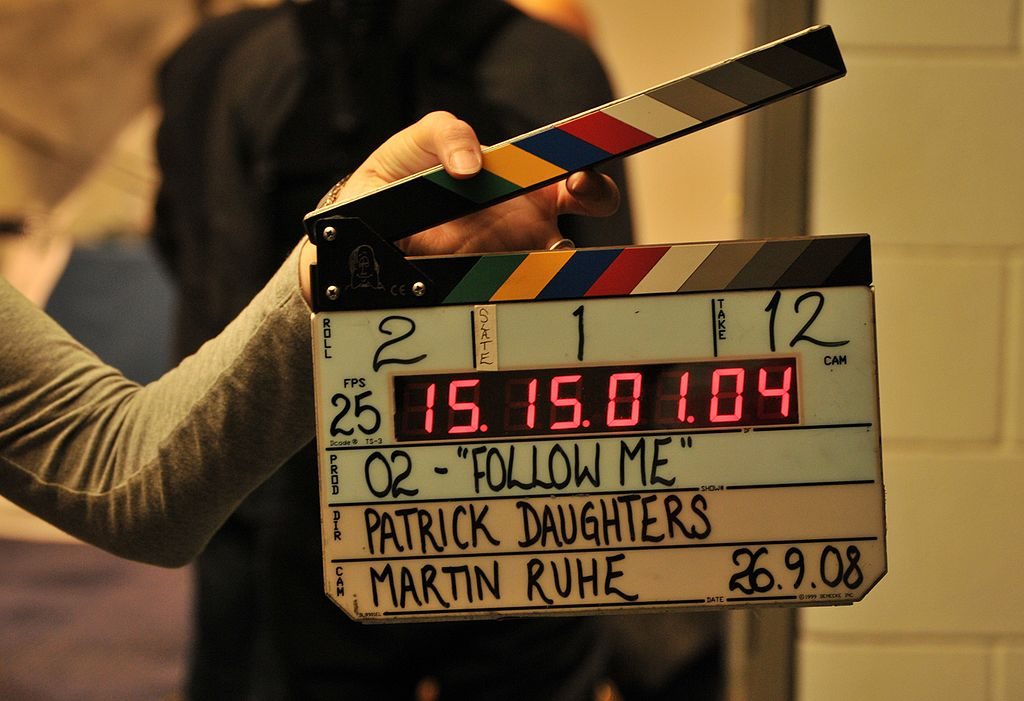
If you are looking for a career in cinematography like Chase Rubin, you may not know where to start. Perhaps the most important thing to evaluate is whether you have the necessary skills to take on this very important role in the film-making world. None of these skills takes the place of a basic talent for the job, but they will help you become more effective in your job. If you don’t currently have all of the following skills, you should consider enrolling in a course to help you develop them.
Be a Good Storyteller
Cinematography is more than camera techniques and shots – it is about knowing which techniques and shots are required in a particular context to best tell a story. When it comes down to it, cinematographers must be exceptional story tellers who are able to bring a script to life in a way that will captivate an audience. This includes an understanding of what shots will best convey emotion or elements of the story, what lighting will convey the desired mood, and how color saturation or other techniques can add to the feel of the movie.
Know the Basics of Photography and Film Photography
Cinematographers, in addition to being excellent story tellers, must know their way around a camera. You will need to understand the full range of photographic techniques and understand the science behind them. You also need to know about the techniques specific to film. This includes understanding how to use dollies, hand-held cameras, and blue-screen technology.
Be a Strong Problem-Solver
Despite the best-laid plans, things can change in the space of 5 minutes, and for this reason a cinematographer needs to be adaptive and flexible. This could include being able to rethink how a story can be told or how shots can be set up to take account of things like inclement weather or poor lighting, equipment failures or artistic changes.
Be an Effective Manager
Cinematographers are responsible for much more than simply capturing images on film. They need to coordinate with related trades, especially lighting, to make sure that all goes well. They will need to oversee staffing, budgets and schedules.
Be an Effective Communicator
Cinematographers are responsible to varying degrees for taking the director’s artistic vision and making it real. This means that they must be effective communicators able to “hear” what the director wants and to “translate” that vision into the technical language of cameras, films, exposures and angles. There may be times when the cinematographer will need to explain limitations to the director, and to develop alternatives.
These are just some of the skills that any cinematographer should teach themselves if they haven’t already. Clearly, this job is about more than simply filming actors – cinematographers are an integral part of telling a story in an emotional and convincing way. They play a crucial role in creating the magic of the movies!